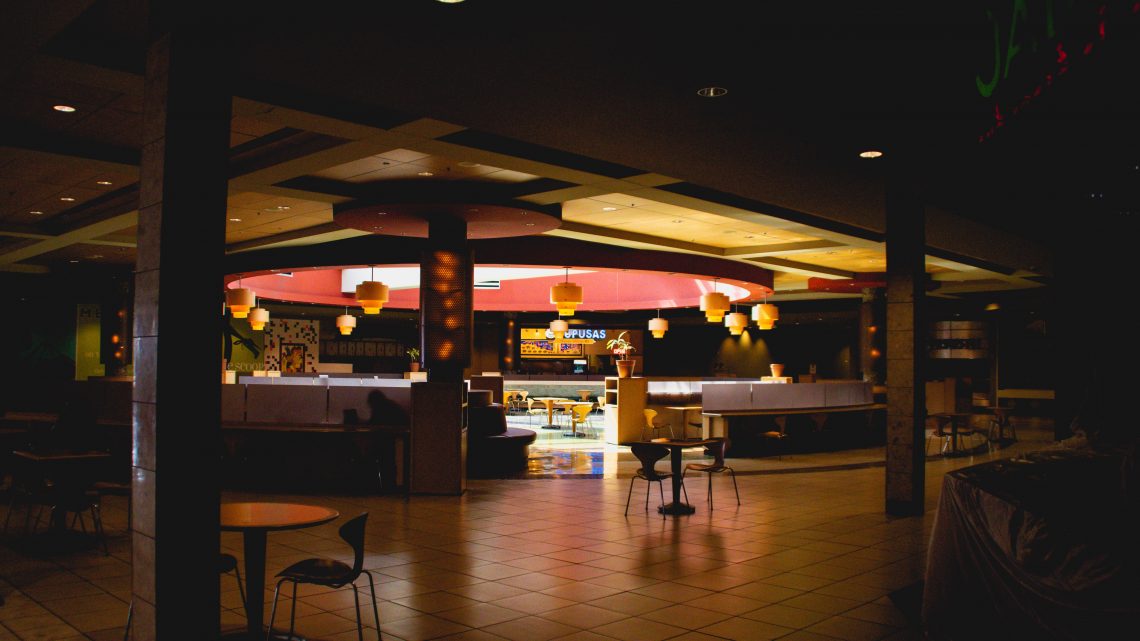When you go to a restaurant, you hope to have a nice meal. Restaurants are renowned for providing social settings, so you can enjoy fine dining amidst friends, family, and great ambiance. Receiving anything short of optimum service is inconceivable. Regrettably, not all restaurant experiences are pleasurable. Restaurants may pose risks for employees and customers alike. Slips, trips, and falls are the most common cause of injury. Beverage and grease spillages make a mess, not to mention food debris. Mopping the floor can make it even more slippery. It’s a miracle that more people aren’t injured by falling in restaurants.
If the restaurant’s negligence played a role in your injuries and ulterior financial losses, you could sue over a slip and fall accident. Your case will fall under premises liability, an area of personal injury law. The owner of the property is responsible for the injuries sustained by a person while on that property. Put simply, they have a duty to make sure that all visitors are safe. You’ll have to provide evidence for the suffering you’ve sustained resulting from the actions or omissions of the restaurant. It doesn’t matter if you slipped on a wet floor or slipped on dropped food, you have the right to take legal action.
What To Do After a Restaurant Slip and Fall
Slip and fall accidents can happen to anyone, anytime. These incidents aren’t very predictable and result in medical expenses, pain and suffering, lost wages, death even. Restaurant owners, as well as managers, have a duty of care to keep the premises safe. Many things can happen when you slip and fall. For example, there’s the embarrassment of falling in front of your friends and family. While some people only suffer bruises and scratches, others become permanently disabled. Don’t wait too long after a slip and fall accident to take action. Research the answers to questions such as “what is premises liability law in California?” and hire a reputable slip and fall attorney to handle your case. Here’s what else you need to do.
Demand To Speak to The Manager
Anytime there’s an issue you want to be fixed, speak to the manager. The manager is the interface between the dining establishment and the guests it aims to serve. Management has internal policies and procedures in place for handling a report. When writing the report, include as many details as possible. Don’t downplay the situation or the injuries. Accidents occur in a matter of seconds, so you may not be aware of all the pre-existing conditions. Nonetheless, don’t speculate about the case.
Gather Evidence
Document the scene and your injuries. In a crowded place, it can be difficult to gather evidence after the fall. More precisely, any evidence-gathering effort may be impossible. But that doesn’t mean that you don’t have to try. Take a picture of where the accident took place, immortalise the surrounding environment, and anything that might have contributed to the incident. If you can’t do it, have someone help you. Ask a friend or family member to get hold of the video surveillance recording. Most establishment owners will voluntarily provide footage to police officers. As a private citizen, you can ask if the establishment is willing to provide you with a copy.
Talk To Witnesses
Equally important is to talk to witnesses. Witness statements are crucial for your personal injury case. What you need is an independent witness – in other words, someone who saw the accident, but doesn’t know you or anyone else involved. Not only can they provide additional details, but also they seem more credible because they have nothing to gain. Take names and contact information. If you don’t do this, it’ll be virtually impossible to contact them at a later date.
Seek Medical Attention
It’s recommended to seek medical attention within 72 hours of a slip and fall accident. There’s nothing more important than your health. If you can’t see your family doctor during this time, pay a visit to the emergency room or a walk-in clinic. Even if you think everything is okay, it’s better to be safe than sorry. If you’ve sustained an obvious injury following the slip and fall, it’s better to call 999 and be taken to a hospital.
Get Legal Advice Before Filing an Injury Claim
The specialists at Compensation Calculator UK point out that, to seek fair compensation for your injuries, you must reach out to a solicitor. They’ll determine if your case is a good candidate for legal representation. If not, this information will be communicated right away. Hiring a specialist solicitor gives you the best chance to maximise the value of your claim for compensation. They’ll handle many aspects throughout your relationship, including but not limited to negotiating with insurance companies, preparing court documents, protecting your rights throughout the entire process, and managing the case proactively. You may be able to enter a Conditional Fee Agreement (CFA). You only pay your solicitor if the claim is successful.
Protect Your Right to Compensation
Compensation covers financial loss and any loss in quality of life. A knowledgeable solicitor will ensure you get the compensation you deserve. You can receive a settlement, which pays for the harm you suffered. This saves both parties the effort, expense, and uncertainty. Examples of compensation are:
- Past & current medical expenses
- Lost wages and/or benefits
- Loss of enjoyment of life
- Pain and suffering
- Scarring & disfigurement
- Other recoverable losses
You need to keep evidence for special damages. For instance, you could provide receipts and invoices. The value of compensation can’t be established very easily. However, losses must be proven with specificity.
The bottom line is that a restaurant can be full of accidents waiting to happen. A slip and fall is one of the most common causes of hospitalisation in the UK. Guests are at a higher risk of slipping and falling on a wet floor. While it’s easy to see these types of incidents, it’s not so simple to figure out what to do. Protect yourself and your right to compensation. Keep in mind that there’s a deadline for filing a lawsuit. Most personal injury claims are subject to a three year limitation period.










